13 Easy Ways to Reduce Food Waste at Home
Reducing food waste is an easy and effective way to save money and help the environment. By making small adjustments in your kitchen and shopping habits, you can significantly cut down on the amount of food that ends up in the trash. From better meal planning to understanding expiration dates, there are simple changes you can make that will lead to lasting results. These practical strategies not only benefit your wallet but also contribute to a more sustainable lifestyle.
This post may contain affiliate links, which helps keep this content free. Please read our disclosure for more info.
Plan Your Meals Ahead of Time

Meal planning is one of the most effective ways to reduce food waste. By knowing exactly what you need for the week, you can avoid buying unnecessary items that might spoil before you can use them. It also helps in preparing meals based on ingredients you already have, preventing overbuying. When you plan your meals, you are less likely to let food sit unused in the fridge, which ultimately reduces waste.
Additionally, planning meals allows you to incorporate leftovers into new dishes. This ensures that food is consumed before it goes bad and avoids the need to throw it away. A bit of forward-thinking in meal prep can save money and keep your kitchen organized.
Store Food Properly
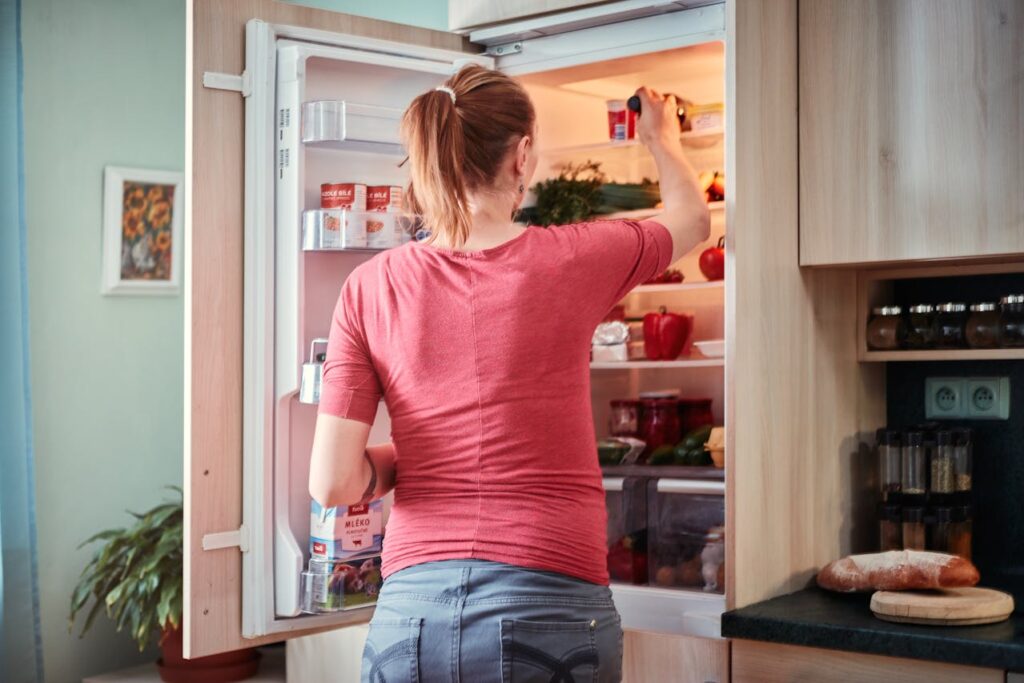
Proper storage of food is essential to maintaining freshness and extending shelf life. Fruits, vegetables, dairy, and meat all have specific storage needs. For example, some fruits and vegetables should be stored in the fridge, while others do better in a cool, dry place. By understanding where each item should go, you can keep your food from spoiling too quickly.
Investing in airtight containers and quality storage bags can also help reduce waste. By keeping food sealed properly, you can prevent moisture from causing spoilage and protect items from freezer burn. Proper storage helps maintain food quality and keeps items from being prematurely thrown out.
Use Leftovers Creatively

Leftovers often end up in the trash because people don’t know what to do with them. Instead of tossing them, get creative and find ways to incorporate them into new meals. Leftover rice can be turned into a stir-fry, and unused vegetables can be added to soups or casseroles. This helps make sure that food doesn’t go to waste and saves time on meal preparation.
Sometimes, it’s just about making a few simple adjustments to a dish. For example, leftover roasted chicken can be used in a salad or added to tacos the next day. By finding new ways to use what is already in your fridge, you reduce food waste and get the most out of your groceries.
Understand Expiration Dates

Many people mistakenly throw away food that is still safe to eat just because it has passed its expiration date. It is important to know the difference between “use by,” “best before,” and “sell by” dates. Often, these dates are only guidelines and not strict indicators of when food is no longer safe to consume.
Take the time to check food for signs of spoilage, such as changes in smell, texture, or color, rather than automatically discarding it when the date passes. Educating yourself about food shelf life can help you make better decisions about when to consume or store food, reducing unnecessary waste.
Buy in Smaller Quantities

Buying in bulk may seem like a great way to save money, but it can also lead to food waste if you’re unable to consume the items before they spoil. Consider purchasing smaller portions, especially of perishable goods like fruits, vegetables, and dairy. This reduces the chance of having food go bad before you can use it.
Buying smaller quantities also helps you focus on what you truly need, reducing impulse buys that may end up unused. When you shop with a focus on your immediate needs, you’ll likely end up wasting less and saving money.
Keep Track of Your Pantry
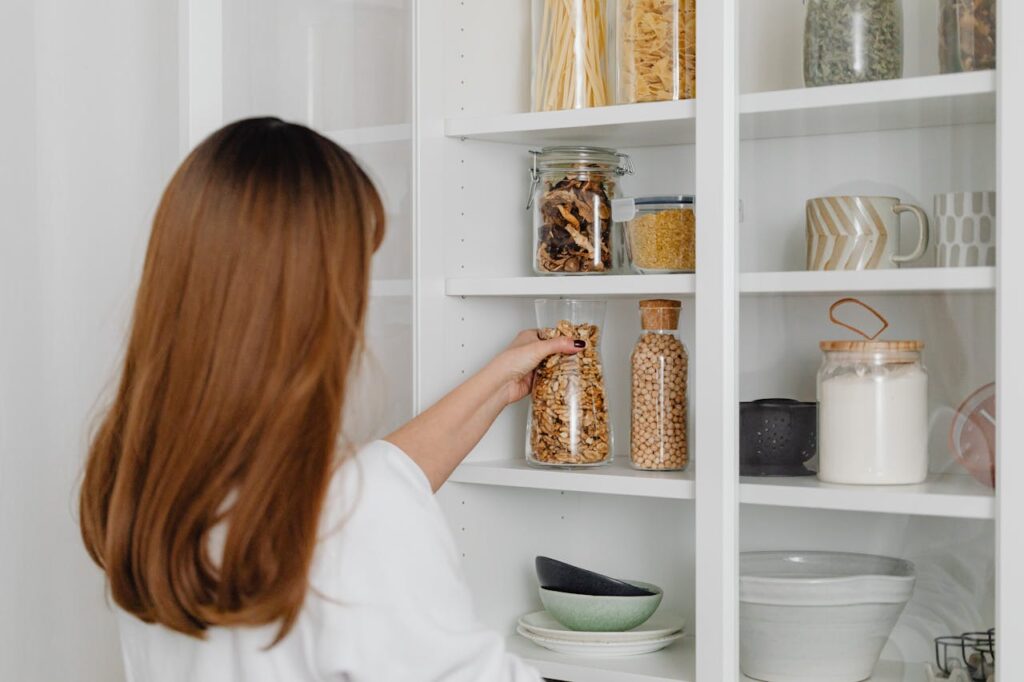
Having a cluttered pantry can lead to food getting pushed to the back and forgotten about. Take the time to regularly organize and take inventory of what you have on hand. By keeping track of your pantry, you can use older items before they expire and make sure nothing goes to waste.
Creating a system where you can easily see what you have and what you need will help prevent overbuying and ensure that food gets used before it spoils. It can also save you money, as you will avoid buying duplicate items.
Freeze Leftovers and Surplus Food
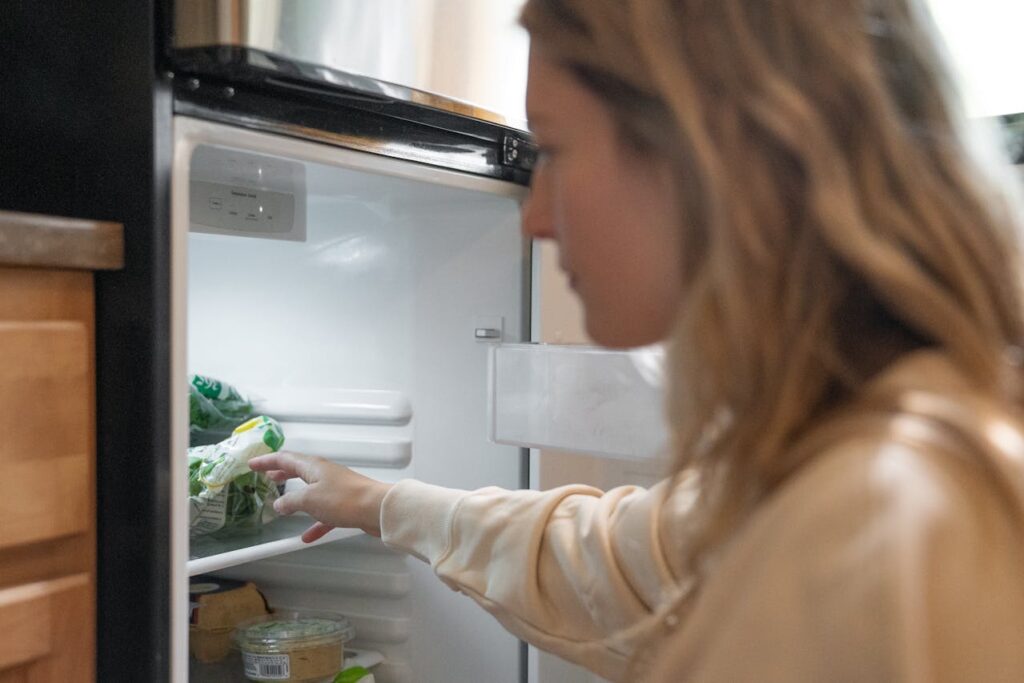
Freezing food is an excellent way to extend its life and reduce waste. If you have extra food that you won’t be able to finish before it goes bad, freezing it can help. Many foods, like bread, vegetables, and meats, freeze well and can be used later in another meal.
Labeling your frozen food with dates is also essential so that you can keep track of what needs to be used first. Freezing reduces waste and ensures you always have ingredients available for future meals.
Compost Food Scraps
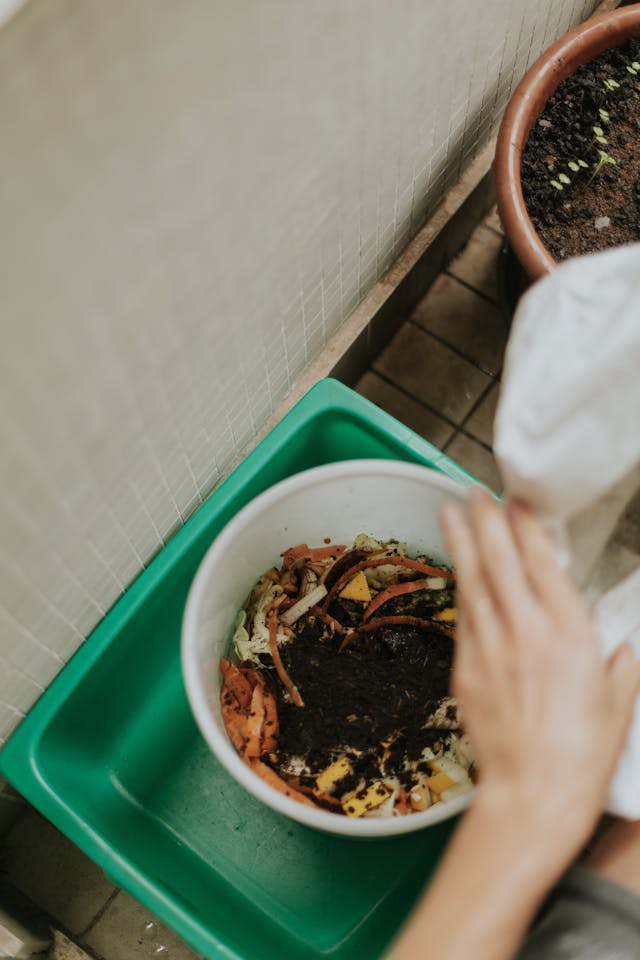
Instead of throwing away food scraps, compost them to create nutrient-rich soil for your garden. Items like vegetable peels, eggshells, and coffee grounds can be composted instead of being added to the landfill. Composting helps reduce the amount of food waste in your trash and can help create a more sustainable home garden.
Composting is a great way to recycle your food waste into something useful, and it can also reduce your overall carbon footprint. It’s an easy step to take that helps keep waste out of landfills.
Repurpose Food Scraps

In addition to composting, you can repurpose certain food scraps into new meals. For instance, vegetable stems and scraps can be used to make broths, and citrus peels can be added to homemade cleaning solutions. By repurposing food scraps, you get more use out of every part of your food and avoid unnecessary waste.
This method not only helps reduce food waste but also encourages creativity in the kitchen. Many foods that are often discarded can be repurposed into flavorful additions to your meals.
Keep Track of Portions

Serving portions that are too large can lead to significant food waste, as leftovers often end up being thrown away. Instead, try serving smaller portions and allowing for second servings if needed. This way, everyone can have enough to eat without over-portioning, and less food will go to waste.
By practicing portion control, you can save money, prevent overeating, and make sure that food is consumed before it spoils. Smaller servings also encourage mindful eating habits.
Use Your Freezer for Overripe Produce
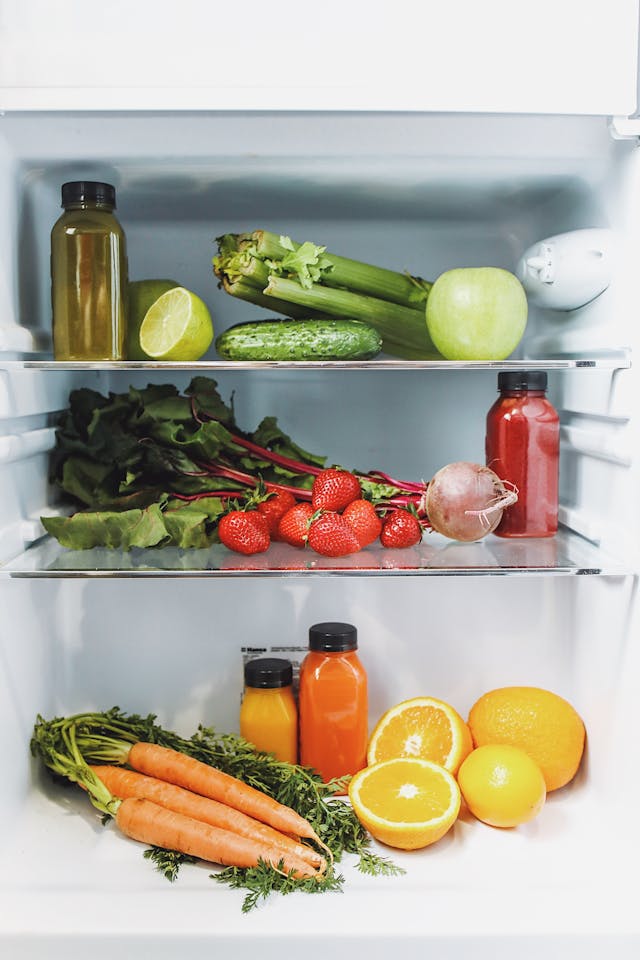
Overripe fruits and vegetables may not be ideal for fresh consumption, but can still be used in cooking or baking. Instead of throwing them away, freeze them for future use. Overripe bananas can be frozen for smoothies or banana bread, and overripe tomatoes can be used for soups or sauces.
Freezing produce that is close to spoiling ensures that you are using it at its peak ripeness and reduces the likelihood of wasting it. It’s a great way to ensure that no food goes unused, especially when you know it won’t be eaten right away.
Shop More Frequently, But in Smaller Quantities

Frequent shopping trips can help you buy fresh items more often without worrying about overstocking. Shopping in smaller quantities reduces the risk of food expiring before it’s used. It also gives you the flexibility to choose exactly what you need without worrying about wasting extra produce or dairy.
By shopping more frequently but in smaller quantities, you are ensuring that you buy only what you can realistically consume before it spoils. It also encourages you to plan your meals around fresh, seasonal ingredients.
Educate Your Household on Food Waste
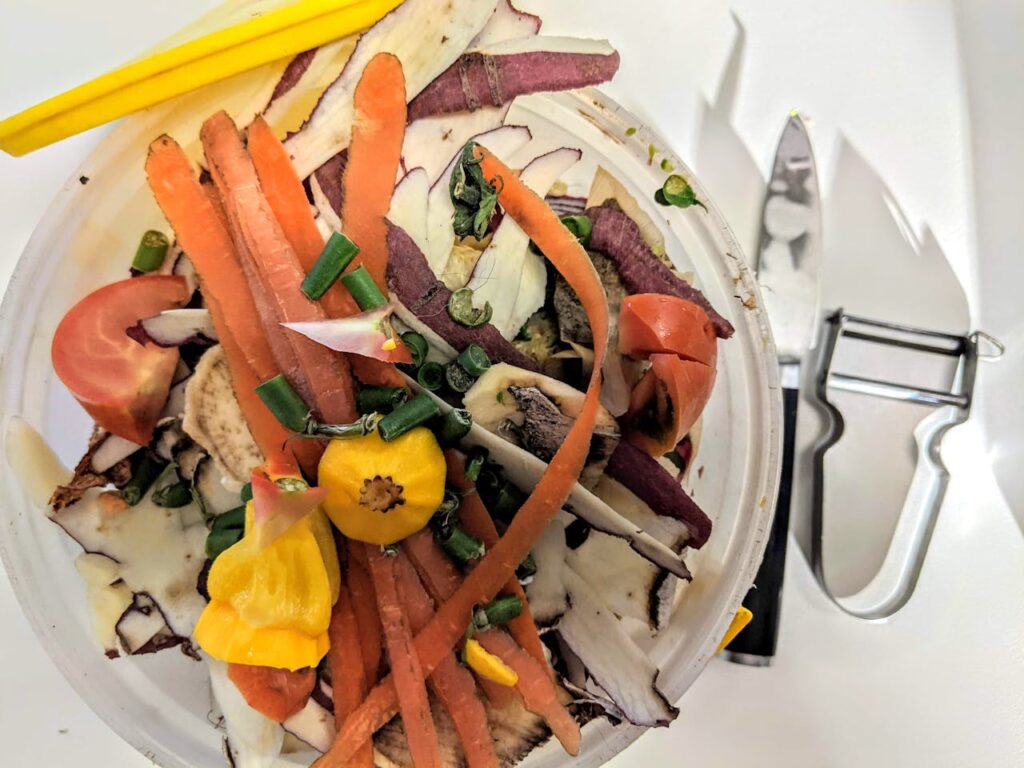
One of the best ways to reduce food waste is by getting everyone in your household involved. When everyone understands the importance of reducing food waste, it becomes easier to implement strategies like meal planning, portion control, and repurposing leftovers. Teaching children about food waste and how to store food properly can set them up for responsible habits later in life.
Encouraging family members to be mindful of food waste helps foster a culture of sustainability in your household. This collective effort will make reducing waste a shared responsibility, leading to more successful outcomes.
This article originally appeared on Avocadu.
